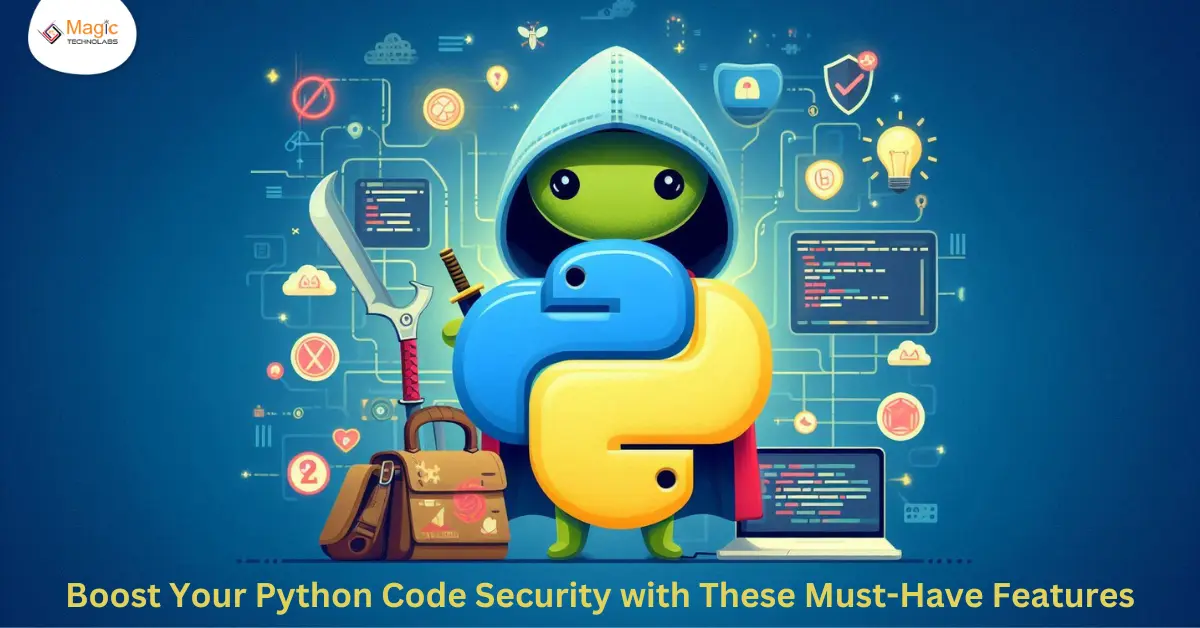Python is widely preferred due to the relative ease of use and the flexibility it provides to the developers: although it seems friendly for a reason. The concept of security does not differ from other programming languages, and is equally intact in Python language. Now, let’s have a closer look at some important features that will allow enhancing the security of your Python code and applications.
1. Virtual Environments: It would be helpful for your mind to picture your Python projects as different worlds toeach of which is associated with certain libraries and dependencies. Virtualization allows running projects in solely separated environments so they won’t interfere with other processes and software, and the code will work properly.
2. Input Validation and Sanitization: When you consider the way in which user input is processed, you may well imagine it being opened up as a potential avenue of attack. Of all the techniques there are, two are particularly effective in stopping destructive data from getting into your application and those are validating and sanitizing the input.
3. Secure Coding Practices: The most sophisticated tools will not shield you if at all you did not apply the correct coding practices. Do not use SQL injection, XSS and CSRF that are some of the common weaknesses that hackers often exploit. Well, you know that when you ride a bike, it is safer to wear a helmet and you can never be certain until it happens.
5. Static Code Analysis: It’s time to dissect your code! Static code analysis tools are useful to alert you before you have a genuine security issue on your hands. It’s like having a guardian angel into your business that helps you detect what is potentially lethal.
6. Security Testing: As they say, don’t trust him {her,them} alone. Penetration testing and vulnerability scanning is one way to test your application for vulnerabilities. Let’s take protecting your house as an example, it is like challenging your security alarm to confirm that it is reliable or not.
7. Regular Security Audits: Basically, security audit is akin to medical checkup on the application to determine the health state of your application. You and your company can learn to know some of your weaknesses and other areas that can be vulnerable that perhaps you did not know of. It’s like running a Check Up on Your Code to be certain it works smoothly as a brand new car.
















